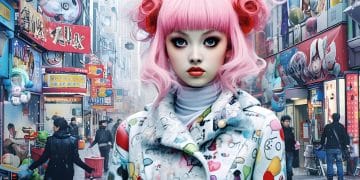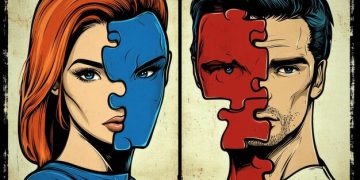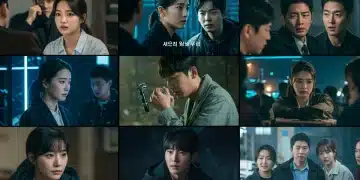Anime and Mental Health: US Fans Finding Community and Support
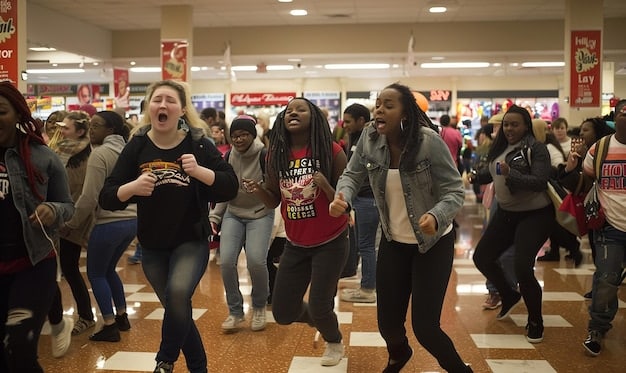
Anime and mental health are increasingly intertwined as US fans find community and support through shared experiences, character identification, and online platforms dedicated to discussing mental well-being within the anime culture.
Anime, a vibrant and globally loved form of animation, has carved a unique space in the hearts of fans worldwide. In the US, the anime culture has grown exponentially, becoming more than just entertainment; it’s a source of community and support, especially concerning anime and mental health: how US fans are finding community and support.
Anime’s Growing Influence on US Culture
Anime’s popularity in the US has surged in recent years, appealing to a diverse audience. Beyond entertainment, it fosters community and provides unique platforms for discussions about important topics.
The Rise of Anime in Mainstream Media
Anime has transcended its niche status, appearing in mainstream media through film adaptations, collaborations, and references in popular culture. This visibility has introduced it to wider audiences and increased its cultural relevance.
Anime Conventions as Community Hubs
Anime conventions in the US are more than just gatherings; they are vibrant community hubs where fans connect, share their passions, and find support. These events offer a sense of belonging and shared identity.
- Cosplay: Fans express themselves through elaborate costumes, fostering creativity and self-expression.
- Panels and Workshops: Events offer educational content, discussions, and opportunities for learning.
- Artist Alleys: Aspiring artists showcase and sell their work, connecting with fellow creators and fans.
- Social Gatherings: Informal meetups and activities create opportunities for fans to build friendships.
Anime’s growing influence is evident not only in media but also in the real-world connections made at conventions and online communities. These platforms provide forums for fans to express themselves and find camaraderie.
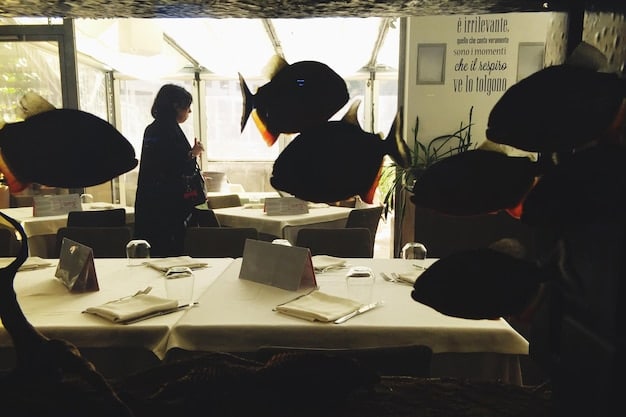
Exploring Mental Health Themes in Anime
Anime often delves into complex and sensitive themes, including mental health. These depictions, when handled responsibly, can resonate deeply with viewers and spark meaningful conversations.
Common Mental Health Representations
Anime frequently addresses issues such as depression, anxiety, trauma, and PTSD through its characters and narratives. These representations offer a platform to explore and understand these conditions.
Positive and Negative Portrayals
While many anime series handle mental health with sensitivity, some portrayals can be stigmatizing or inaccurate. It’s essential to critically assess these representations and promote responsible depictions.
- Positive Examples: Series that accurately depict the challenges and triumphs of living with mental health conditions.
- Negative Examples: Representations that perpetuate stereotypes or trivialize mental illness.
- Responsible Storytelling: The importance of consulting with mental health professionals for authentic portrayals.
Anime’s exploration of mental health themes can be a double-edged sword. While responsible depictions can foster empathy and understanding, inaccurate portrayals can perpetuate stigma and harm.
The Power of Identification and Empathy
One of the key reasons anime resonates with fans is its ability to create relatable characters facing real-life struggles. Viewers often find solace in identifying with characters dealing with similar challenges.
Relatable Characters and Stories
Anime often features characters who grapple with feelings of isolation, anxiety, and self-doubt, mirroring the experiences of many viewers. These relatable narratives provide a sense of validation and understanding.
Developing Empathy Through Anime
By witnessing characters face adversity and overcome obstacles, viewers can develop empathy and a deeper understanding of the human experience. This empathy extends beyond the screen, fostering more compassionate relationships.
The power of identification in anime lies in its ability to create characters that are both flawed and resilient. As viewers connect with these characters, they develop empathy and a sense of shared humanity.
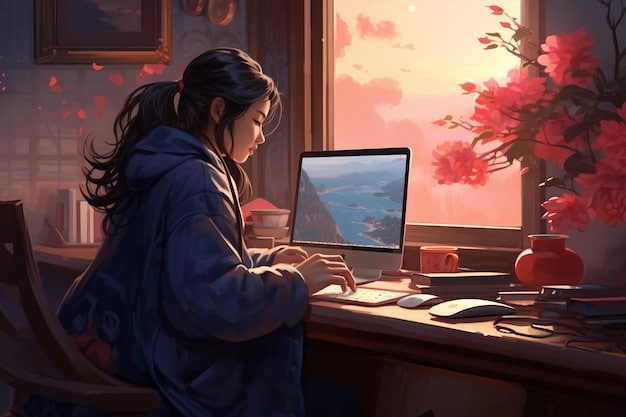
Online Communities and Support Networks
The internet has played a crucial role in connecting anime fans worldwide. Online communities and support networks provide safe spaces for fans to discuss their feelings, share their experiences, and find support.
Forums and Social Media Groups
Online platforms, such as Reddit, Discord, and Facebook groups, host thriving anime communities where fans engage in discussions about mental health, offer advice, and share resources.
The Role of Social Media in Normalizing Discussions
Social media has helped normalize conversations about mental health by providing a platform for individuals to share their stories and experiences. This openness has reduced stigma and encouraged help-seeking behaviors.
- Safe Spaces: Online communities create environments where fans feel safe expressing their feelings without judgment.
- Resource Sharing: Members share links to mental health resources, support groups, and professionals.
- Personal Stories: Individuals share their personal experiences with mental health, creating a sense of connection and validation.
- Active Moderation: Moderators ensure discussions remain respectful and supportive.
Online communities provide invaluable support networks for anime fans struggling with mental health issues. These platforms foster a sense of belonging and facilitate help-seeking behaviors.
Navigating Anime Content Responsibly
While anime can be a source of comfort and support, it’s essential to navigate content responsibly. Understanding your triggers and seeking professional help when needed is crucial for maintaining mental well-being.
Understanding Your Triggers
Certain anime series may contain themes or depictions that can trigger negative emotions or memories. Being aware of your triggers and avoiding content that may be harmful is important.
Seeking Professional Help
If you’re struggling with mental health issues, it’s essential to seek professional help from a qualified therapist or counselor. Anime can be a helpful tool for coping, but it’s not a substitute for professional care.
Navigating anime content requires awareness and responsibility. It’s essential to prioritize your mental well-being and seek professional help when needed.
Future Directions
As anime’s popularity continues to grow, it’s important to foster responsible representations of mental health and promote supportive communities. By working together, fans, creators, and mental health professionals can create a more inclusive and understanding environment.
Collaborations Between Creators and Mental Health Professionals
Encouraging collaborations between anime creators and mental health professionals can ensure more accurate and sensitive portrayals of mental health issues in anime series.
Promoting Mental Health Awareness at Anime Conventions
Including mental health awareness events and resources at anime conventions can help reach a wider audience and provide support to fans who may be struggling.
The future of anime and mental health: how US fans are finding community and support lies in promoting responsible content creation and fostering supportive communities. By working together, we can create a more inclusive and understanding environment for all fans.
| Key Point | Brief Description |
|---|---|
| 🤝 Community Building | Anime fosters community through conventions and online platforms. |
| 💖 Empathy | Fans develop empathy by identifying with characters’ struggles. |
| 🗣️ Online Support | Social media normalizes mental health discussions. |
| ⚠️ Responsible Viewing | Be aware of triggers and seek professional help when needed. |
Frequently Asked Questions
▼
Anime provides relatable characters facing real-life struggles, fostering empathy and connection. It allows fans to see their experiences reflected in fictional narratives, offering validation and a sense of belonging.
▼
Yes, anime communities, especially online groups, can offer significant support. They create safe spaces for discussions about mental health, sharing experiences, and providing resources and encouragement to those in need.
▼
Anime often portrays issues such as depression, anxiety, trauma, PTSD, and social isolation. While portrayals vary, these representations can help viewers recognize and understand these conditions in themselves and others.
▼
You can find anime-related support groups on platforms like Reddit (r/anime), Discord, and Facebook. Search for groups focused on anime and mental health; these communities often have specific channels for discussions and support.
▼
While anime can be therapeutic by providing comfort and connection, it should not replace professional therapy. It’s essential to seek help from a qualified mental health professional if you’re struggling with mental health issues.
Conclusion
Anime has become a significant cultural force in the US, offering more than just entertainment. It provides community, support, and a platform for discussing mental health, fostering empathy and understanding among fans. By navigating content responsibly and seeking professional help when needed, anime fans can find solace and connection through their shared passion.


